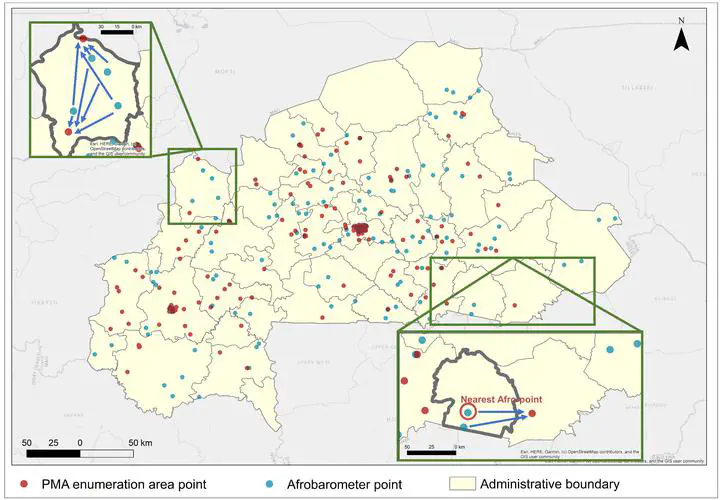Government trust and Covid Precaution
 Photo by rawpixel on Unsplash
Photo by rawpixel on UnsplashA new study published in SSM - Population Health examined how interpersonal and institutional trust were associated with COVID-19 precautionary behaviors in Burkina Faso and Kenya during the early months of the pandemic. We found that while most women surveyed were taking precautions like handwashing, mask wearing, and social distancing, levels of trust seemed to play an important role as well.
Some key findings:
- Kenyan women were more likely to report COVID precautions than women in Burkina Faso, possibly due to Kenya’s more robust and sustained policy response.
- Interpersonal trust (trust in family and friends) mattered more in Burkina Faso. Women with higher interpersonal trust were more likely to socially distance.
- Trust in national vs local governments had an interactive effect. Social distancing was most common when trust was high in both national and local government institutions. It declined when trust in national government exceeded trust in local governments.
The study suggests public health officials should aim for unified messaging across levels of government during health crises. Disparate levels of trust can confuse populations and undermine compliance with safety guidelines.
Click to access the full-text article